- Your cart is empty
- Continue Shopping

Product
Description: Cymgal is a medication containing the active ingredient valganciclovir. Valganciclovir is an antiviral medication used in the treatment and prevention of cytomegalovirus (CMV) infections, particularly in immunocompromised patients, such as those with HIV/AIDS or those undergoing organ transplantation.
Indications: Cymgal is indicated for the treatment of CMV retinitis in patients with acquired immunodeficiency syndrome (AIDS). It is also used for the prevention of CMV disease in patients who have undergone kidney, heart, or kidney-pancreas transplantation and who are at risk for CMV disease.
Mechanism of Action: Valganciclovir is a prodrug of ganciclovir, which is a synthetic nucleoside analogue of guanosine. Inside the body, valganciclovir is rapidly converted to ganciclovir. Ganciclovir inhibits viral DNA synthesis by competitively inhibiting viral DNA polymerase and incorporating into viral DNA, leading to chain termination and inhibition of viral replication.
Administration: Cymgal is administered orally in the form of tablets. The dosage and duration of treatment may vary depending on the type of CMV infection and the patient’s immune status. The tablets are usually taken with food to improve absorption.
Side Effects: Common side effects of Cymgal may include diarrhea, nausea, vomiting, headache, fatigue, and neutropenia (low white blood cell count). Patients may also experience more serious side effects, such as bone marrow suppression, renal toxicity, or liver problems. It’s important to promptly report any unusual symptoms to the healthcare provider.
Precautions: Patients receiving Cymgal should be closely monitored for potential side effects, particularly bone marrow suppression and renal toxicity. Regular blood tests, including complete blood counts and renal function tests, are often conducted during treatment. Patients should inform their healthcare provider about any pre-existing conditions or medications they may be taking, as these may interact with valganciclovir.
Cymgal offers an effective treatment and prevention option for CMV infections in immunocompromised patients. As with any medication, specific details may vary, and patients should rely on the guidance of their healthcare provider for personalized information and advice.
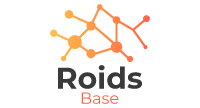


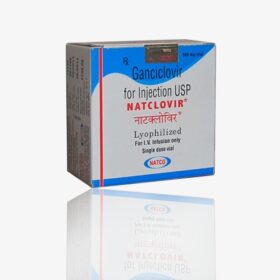
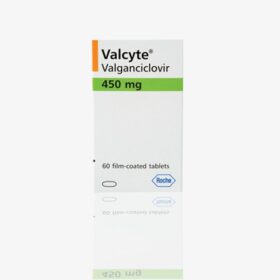
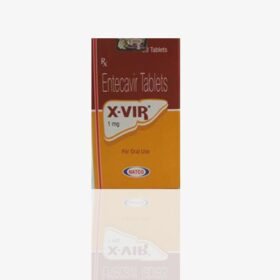
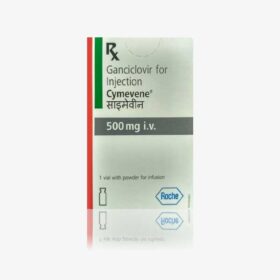
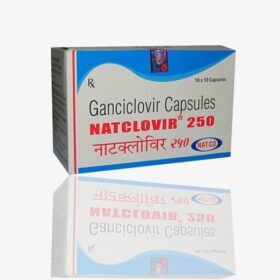



Reviews
There are no reviews yet.